Healthy soil and its vital importance: understanding the basis of every garden and orchard
Un healthy soil It is of vital importance for any garden or orchard. The lack of nutrients, a structure that makes rooting difficult or an inadequate Ph, harm the normal crop development. They affect its growth and reduce its resistance to eventualities such as a harsh climate or the presence of pathogens. Therefore, contributing to the improvement of the soil is an essential task.
Necessary understand the soil and act to improve it if you want to enjoy a sustainable garden or orchard. Bill earthworm humus Helps improve soil health.
Healthy soil contributes to a garden with more beautiful plants, better rooted, less vulnerable and easier to work with. Likewise the optimal soil condition It is key to a sustainable garden, with greater production and healthier food.
Furthermore, the soil quality It also influences the ability to retain water, essential for the development of the plant and key in the current context of drought.
What is soil pH and why is it important?
The pH expresses the degree of soil acidity. That is, it indicates the concentration of H+ hydrogen ions that exist in the soil.
There are different types of soil pH:
- Between 6,5 and 7,5. They are called neutral soils.
- Soils with pH less than 6,5. They are acidic soils.
- Soils with pH greater than 7,5. They are alkaline soils.
The pH of the soil conditions a large number of actions. And it affects the physical, chemical and biological properties ground. Including the nutrient availability of the soil, which is higher in soils with a pH between 5,8 and 6,5. Hence the importance of healthy soil.
Small variations can have big effects on the state, plant development and health.Therefore, use organic worm fertilizer in the home garden or family garden contributes to improving the quality and health of the soil.
Identifying soil types
There are three types: acidic, alkaline and neutral.
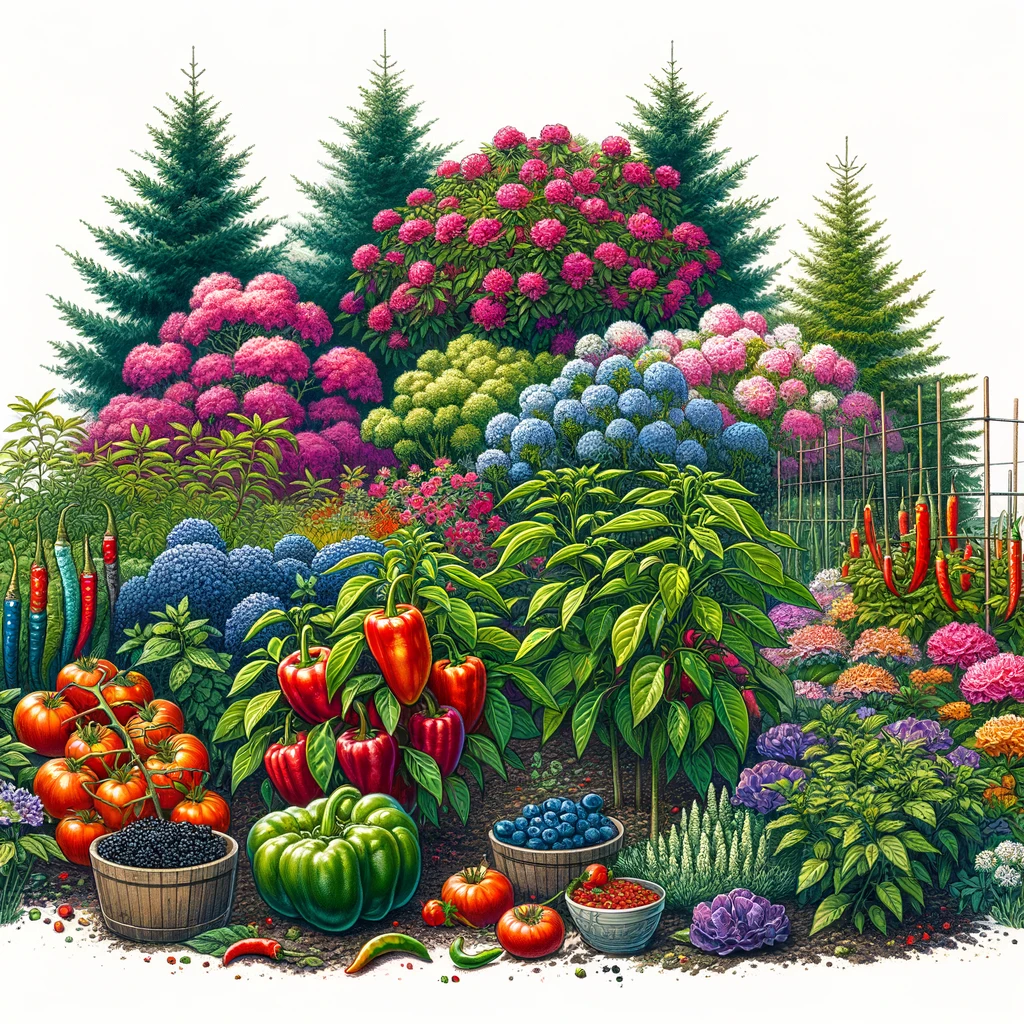
Acids
Conclusion mineral deficient soils necessary for the optimal development of plants, such as calcium, magnesium and potassium. On the other hand, they have higher concentrations of harmful minerals for the plant, such as aluminum, which causes damage to the roots and interferes with optimal calcium absorption.
Acidic soils, with a pH below 7, are ideal for a variety of crops that prefer or require more acidic conditions to optimally absorb nutrients. Here is a list of some crops and plants that thrive in acidic soil:
- Cranberries: They require a soil pH between 4.5 and 5.5, being one of the most demanding crops in terms of acidic soils.
- Rhododendrons and Azaleas: These ornamental plants prefer soils with a pH between 4.5 and 6.0.
- Camellias: They flourish in a pH range of 5.5 to 6.5.
- Hydrangeas: The color of its flowers can change based on the pH of the soil; They prefer a pH range of 5.0 to 6.0 to produce blue flowers.
- Avocados: They prefer slightly acidic soil with a pH of around 6.0 to 6.5.
- Potatoes: They grow best in soils with a pH of 4.8 to 5.5, as more acidic soils help reduce the incidence of common potato scab.
- Magnolias: These ornamental trees and shrubs prefer soils with a pH between 5.0 and 6.0.
- Strawberries: They thrive in soils with a pH between 5.5 and 6.5.
- Ferns: Many species of ferns prefer to grow in acidic soils.
- Pines and other conifers: These plants grow well in soils with acidic pH.
Most vegetables prefer slightly acidic to neutral soils, but not necessarily strongly acidic soils. The ideal pH range for most vegetables is between 6.0 and 7.0. Within this range, plants can optimally absorb nutrients from the soil, which is crucial for their growth and development. Here are some specific examples:
- Tomatoes and peppers: As we mentioned before, they prefer a pH range of 6.0 to 6.8.
- Carrots, lettuce and spinach: These vegetables also grow well in soils with a pH close to 6.5.
- Broccoli and cauliflower: They prefer a pH range between 6.0 and 7.0.
Although these pH preferences do not classify as “acidic” in the strict sense (below 6.0), they do indicate that these vegetables prefer non-alkaline conditions. Soil that is too acidic (below 6.0) can be detrimental to most vegetables, as it can limit nutrient availability and increase the risk of certain diseases.
All the organic amendments, such as the contribution of liquid worm castings helps to lower the pH in alkaline soils (above 7.0) and of course to improve nutrients from acidic soils. Crop rotation also contributes to achieving this.
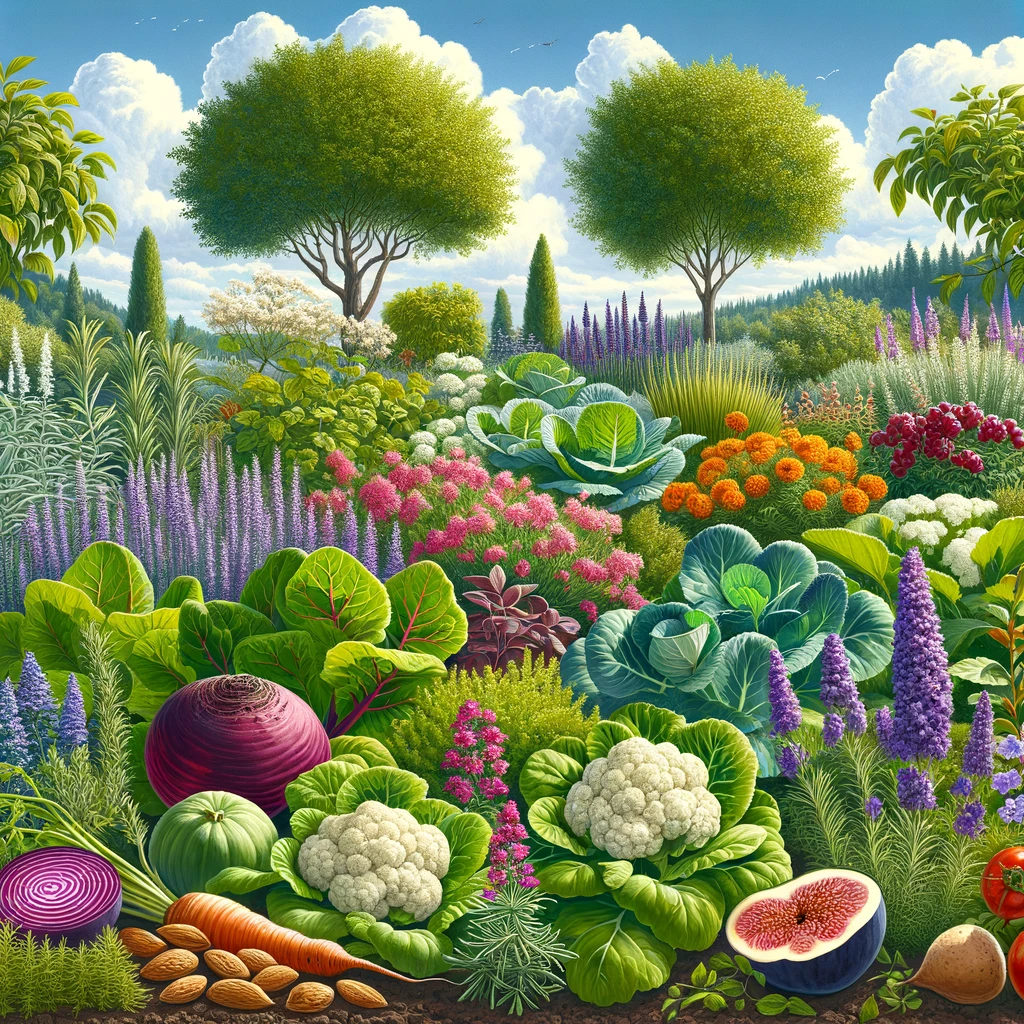
Alkaline
The easiest way to identify an alkaline soil It is with a simple test. Take some soil, dissolve it in a container with distilled water and add vinegar. Does it bubble? So, you have alkaline soil. But also, to be more precise, you can do a PH test with a test strip.
It is difficult for acidophilic plants to grow in this type of soil. Furthermore, as its structure is poor and dense, many plants have problems rooting properly. There is also another obstacle: its low infiltration capacity y slow permeability, which hinders the development of plants that require constant soil moisture.
Crops that adapt well to alkaline soils do not necessarily “need” them, but they are able to tolerate or thrive in these conditions where other crops may struggle. Alkaline soils have a pH greater than 7, and this condition can limit the availability of certain essential nutrients, such as iron, manganese and zinc, which can negatively affect many plants. However, some crops have developed tolerance to these conditions and can grow healthily in alkaline soils. Among these, we find:
- Spinach: It can grow in a wide pH range, showing good tolerance to alkalinity.
- Beet: It adapts well to alkaline soils, producing good yields.
- Kale: It is another vegetable that can handle alkaline soil conditions well.
Fruits - Figs: They are especially tolerant of alkaline soils and grow well in these environments.
- Grapes: Several varieties of grapes, especially those intended for wine production, prefer alkaline soils.
Herbs and Spices - Rosemary: This Mediterranean herb thrives in dry, alkaline soil.
- Lavender: It grows best in well-drained, alkaline soils.
Ornamental Plants - Clematis: Climbing flowers that adapt to a wide pH range, including alkaline conditions.
- Honeysuckle: It can grow in alkaline soil and is prized for its fragrant flowers.
Trees - Cypress: Some species of cypress trees adapt well to alkaline soils.
The contribution of organic matter is essential for to correct these soils. Thus, the fertilized with worm castings It is ideal to achieve it.
When working with alkaline soils, it is important to perform soil tests regularly to monitor pH and adjust management practices as necessary.
Although these crops can tolerate alkalinity, improving the soil with organic matter and applying pH correctors may be necessary for other crops you want to plant. Furthermore, the use of specific fertilizers such as worm castings that include iron chelates and other micronutrients can help ensure that plants receive the nutrition necessary for healthy growth.
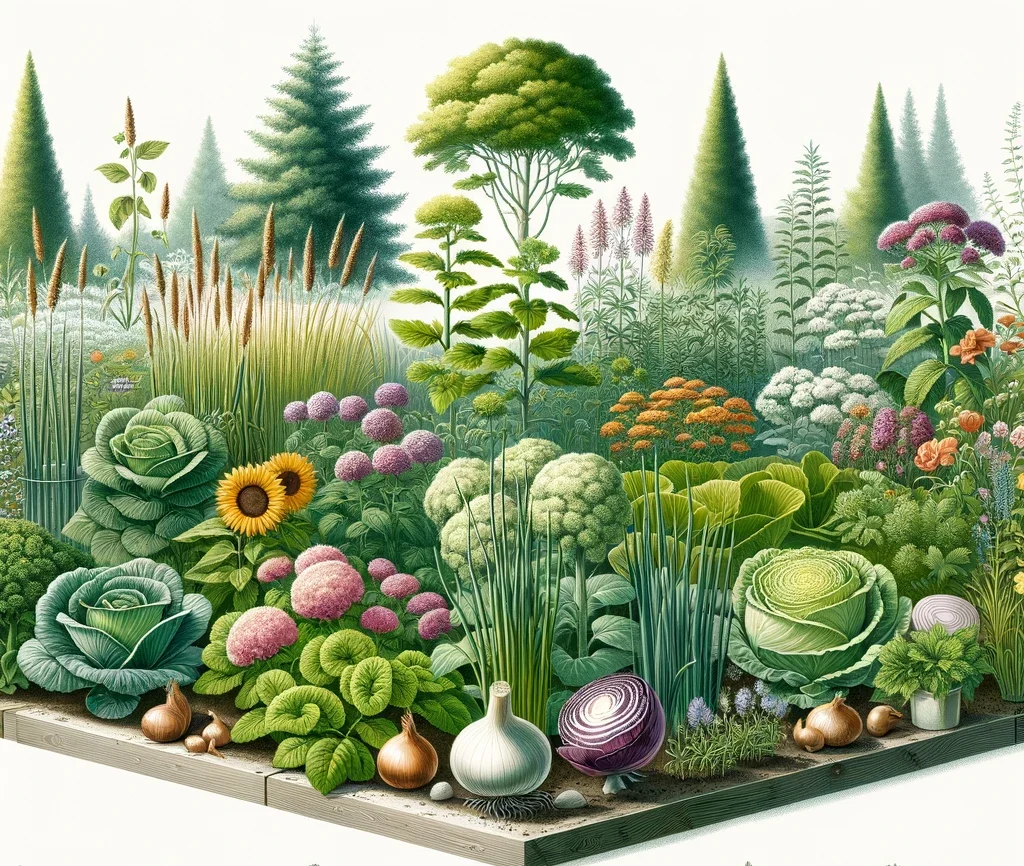
Neuters
The main advantage of having a ssoil with neutral pH is the equilibrium and good nutrient availability. They are healthy soils. In addition, the number of plants that develop correctly in it is greater. Its structure and water retention capacity facilitate cultivation. And if you need slightly more acidic or alkaline zones for a specific plant, it's easier to change it.
For preserve the neutrality of the terrain performed periodic contributions of organic matter and work the garden take care of your oxygenation.
Soil texture and its effect on plant growth
La soil composition determines your structure. And this is key to issues as relevant to plants as water retention, soil aeration and ease of absorbing nutrients.
A healthy soil with good texture has an optimal balance between sand, clay, silt and organic matter that improves aeration and water retention. On the other hand, an excess of clay compacts the ground. This makes it difficult for it to contain water and oxygen and hinders the absorption of nutrients. A soil that is too sandy is also not advisable, since the water drains too quickly and does not retain nutrients.
Soil improvement is essential for the home garden and orchard and the quality and development of its plants. Organic contributions contribute to improving its structure, pH and nutrient concentration.
You can buy worm castings and make periodic contributions to improve the composition of the garden or orchard soil and have healthy soil.
Improving the health of your soil: tips for healthy soil
All the soil improvement tasks They are very important in an orchard and a garden, whatever its initial type.
- Performs contributions of quality organic fertilizer. The role of organic amendments with worm castings It is beneficial for all types of soils. Improves its structure, fertility and water retention capacity.
- If you add organic matter periodically you will notice that the soil does not become compacted. and therefore you will not have to till, since this damages the structure of the soil.
- Performs crop rotation not only in the garden, but also in the garden.
- La sustainable gardening and sustainable garden care helps its improvement and conservation.
The importance of healthy soil for a sustainable garden and orchard
The importance of maintain healthy soil It is essential for the success of a garden or orchard and the best development of its plants. But it is also of great relevance to promote the biodiversity and environmental sustainability.
Adopt sustainable gardening practices and reduce water needs to take care of your orchard or garden and enjoy its and advantages and your contribution to the environment. At Crickwoo we help you achieve this. Visit our store to buy organic worm castings at Crickwoo for the care and continuous improvement of the soil with contributions throughout the year.

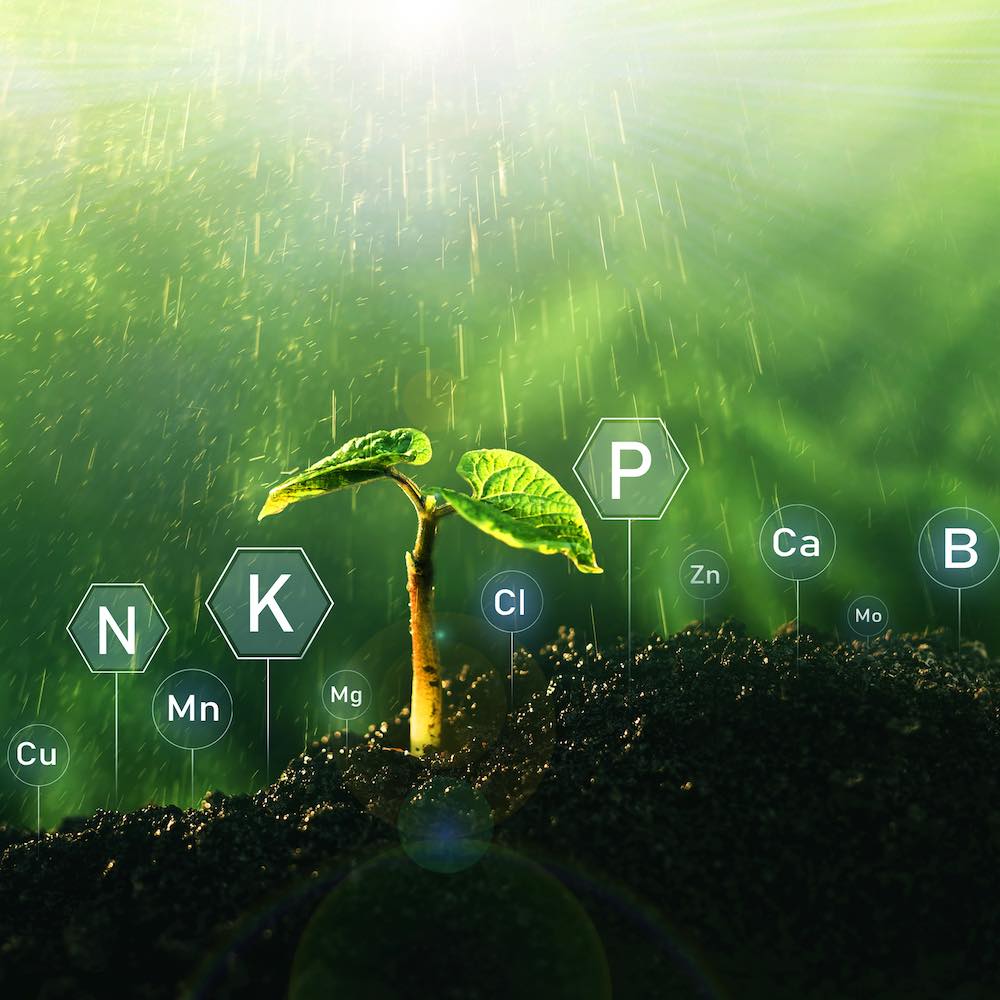


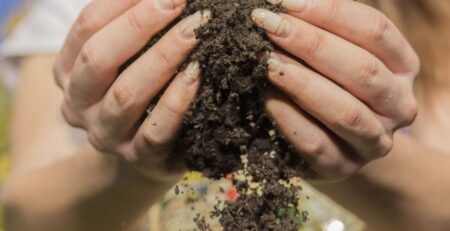
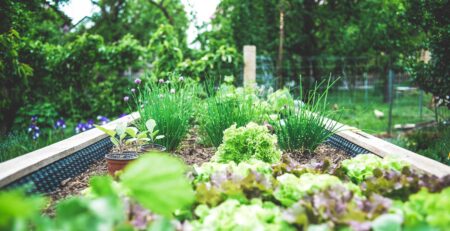

Leave your comment